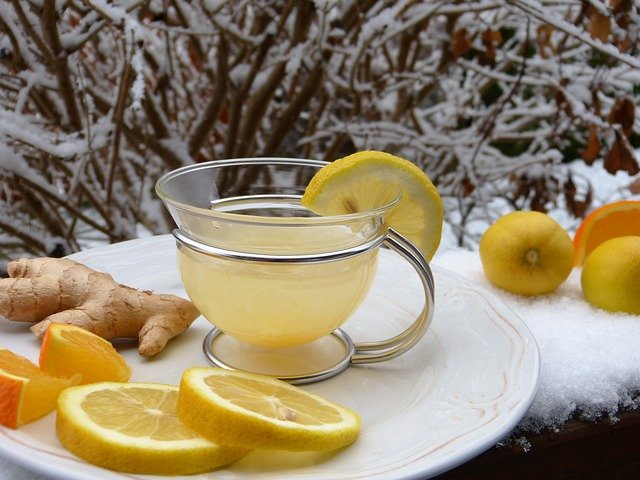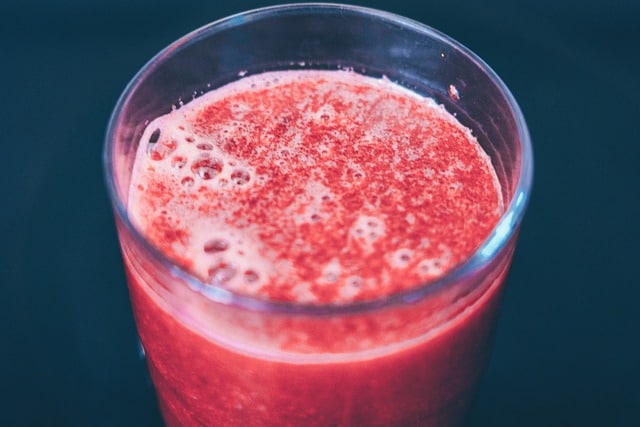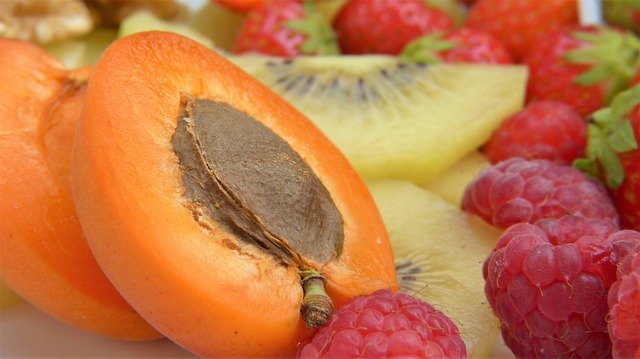The key to fighting fit is using nutrition as a health tool aka ensuring to take nutrition that can support the immune system.
Table of Contents
How Immune System Works
Our immune systems feed on enough energy to produce immune cells, which behave as building blocks, and our enzymes need minerals and vitamins to operate efficiently.
So we now know what are our body’s vital requirements…macronutrients, vitamins and minerals, including vitamins C and D, as well as B6, B12 and folate, zinc, copper, iron and selenium, as well as essential amino and essential fatty acids are crucial for our body.
It naturally means, we need to feed our body, what it requires to function and function efficiently and intelligently.
People who have deficiency of one or more nutrients are generally more susceptible to infections, and these infections are more severe and last longer, and we are not saying that…it’s established in medical literature already. Innumerable scientific researches have suggested the same…
On that note, Business Enhancement Expert, Hirav Shah describes below how you can stimulate the immune system through rich vitamin sources through nutrition.
1. Vitamin A
Vitamin A helps build both the innate and adaptive immunity and its metabolites. Vitamin A is important to support macrophages, neutrophils and natural killer (NK) cells. Additionally, vitamin A supports the adaptive immune system, namely T and B lymphocytes, so that the body can manufacture specific antibodies against viruses.
Rich natural sources of Vitamin A are spinach, vegetables, poultry, brussels sprouts and fish.
2.Vitamin C
Vitamin C is a super powerful antioxidant. It can neutralize reactive oxygen species, which are produced when the immune cells fight viruses and bacteria. Neutrophils, lymphocytes, and phagocytes are all supported by this Vitamin.
Rich natural sources are citrus fruits such as amla, orange, kiwi, lemon, guava, grapefruit. Vegetables such as broccoli, cauliflower, brussel sprouts, and capsicums are rich, natural sources of vitamin C as well.
3. Vitamin D
The only nutrient your body produces when exposed to sunlight is Vitamin D. Vitamin D is a fat-soluble vitamin that plays a number of critical roles in your body like enhancing immune health. If you don’t get enough sunlight, your intake should likely be closer to 1,000 IU (25 mcg) per day.
Bananas, oranges, spinach, mushrooms, cereals, yogurt, cheese, tofu, eggs, fatty fish etc…are rich sources of Vitamin D.
4. Vitamin E
Vitamin E helps the body to maintain its cell membranes. It also stimulates the T cell-mediated immune response. This is particularly important for the aging person to prevent respiratory tract infections. All in all Vitamin E is vital for enhancing the body’s immunity.
Wheat germ oil, sunflower, safflower, and soybean oil, sunflower seeds, almonds, peanuts, peanut butter, beet greens, collard greens, spinach, pumpkin and red bell pepper are rich natural sources of Vitamin E.
5. Vitamin B6
Vitamin B6 is crucial for antibody production by B cells. It regulates the metabolism of amino acids, which in turn form proteins. Antibodies and cytokines require this vitamin. The T helper immune cells that initiate an adaptive immune response depend on vitamin B6 as well.
Beef liver, tuna, salmon, fortified cereals, chickpeas, poultry, dark leafy greens, bananas, papayas, oranges, and cantaloupe are Vitamin B6’s rich sources.
6. Vitamin B12
Vitamin B12 is an essential nutrient that supports immune health and your body can’t make this one on its own, so you need to get it from your nutrition.
Animal liver and kidneys, organ meats, clams, sardines, saltwater fish, fortified cereal, tuna, fortified nutritional yeast, and trout are rich sources of Vitamin B12.
The key is to balance your plate !! Yes… Building a fighting fit immune system comes down to eating a varied diet.
Besides Vitamin sources mentioned above, you need larger amounts of macro minerals like calcium, phosphorus, magnesium, sodium, potassium, chloride, and sulfur.
You only require small amounts of trace minerals like iron, manganese, copper, iodine, zinc, cobalt, fluoride, and selenium. All of these are important for a healthy immune system.
Final Thoughts
The sources of vitamins mentioned above should be consumed to rebalance deficiencies, so that you get to see improvements in the functionality of your immune systems and become more resistant to infections, and cope much better when you get infected.
“So we learn foods to be included in your diet to enhance productivity and some tips how to boost your immune system naturally and enjoy the benefits of optimal performance and productivity. The key to fighting fit is using nutrition as a health tool, aka ensuring to take nutrition that can support the immune system.”-Concludes Hirav Shah, India’s Most Influential Business Transformation Leader.
Frequently Asked Questions
Can nutrition boost our immune system?
A high-fiber plant-rich diet with plenty of fruits, vegetables, whole grains, and legumes appear to support the growth and maintenance of beneficial microbes. Certain helpful microbes break down fibers into short chain fatty acids, which have been shown to stimulate immune cell activity.
Which nutrient helps improve the immune system?
Nutrients that have been identified as critical for the growth and function of immune cells include vitamin C, vitamin D, zinc, selenium, iron, and protein
What kinds of things can boost our immune system besides the diet?
Good gut health, Practice Deep Listening, Washing hands regularly, Daily Work out, Bathing Shower, Taking vitamins and supplements, Simplifying your stress level, Yoga and meditation, deep breathing techniques




























